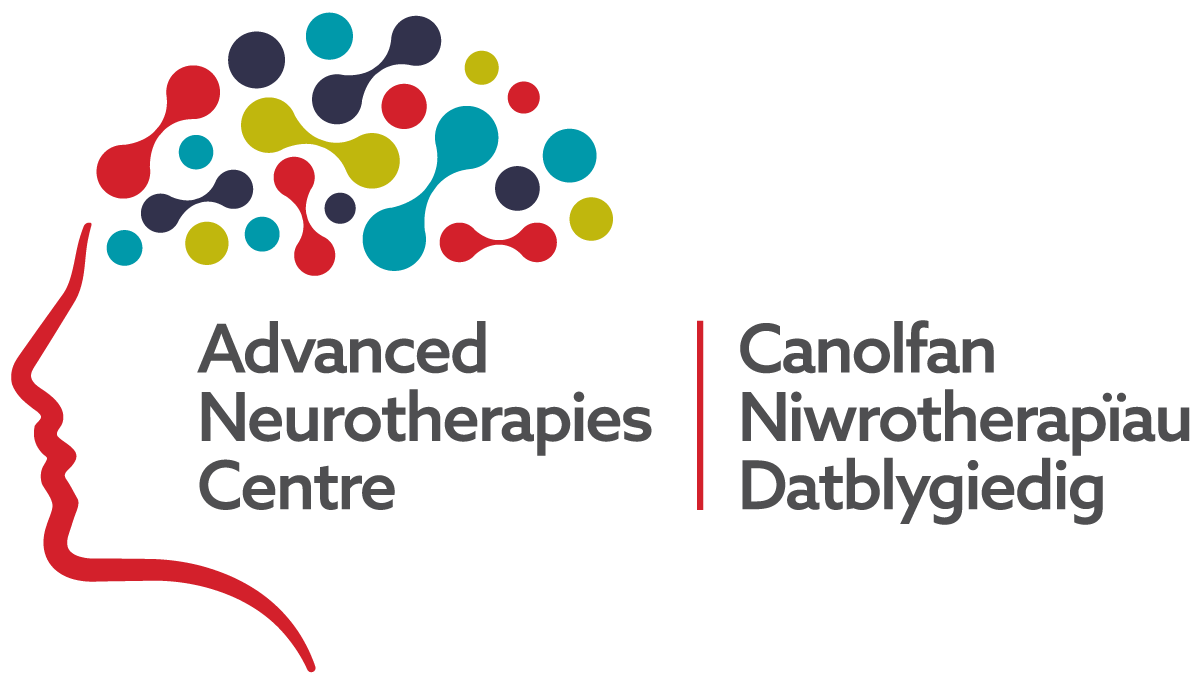Shining a light on Patient and Public Involvement and Engagement (PPI)
As we move away from the challenges of COVID we have been able to harness the benefits of online tools and reimagine our involvement and engagement delivery. In this article, we shine a light on some of the PPI activities from 2022 – 23.
Our Brain Involve group continues to meet online and this has enabled geographical spread across Wales and plans are ongoing for face-to-face activities in the coming year. Our Brain Involve team have informed and supported grant and fellowship applications for senior scientists and early career researchers.
From Brownies and Cubs, to people living with neurodegenerative diseases in the UK and abroad, our face-to-face engagement programme has made a welcome return. One of our biggest events was a full day of activities delivered to over 300 pupils at two local primary schools.
This formed part of the Radyr and Morganstown Festival and had huge support from Headway Cardiff, a brain injury charity. Everyone got involved in learning about the brain, testing their own brains, brain surgery assemblies and having a bounce on the inflatable brain! Year 6 pupils also produced some beautifully creative pictures and poems inspired by our day and the resources created have now been used in other primary schools.
We have also engaged heavily with the patient community. We have become a driving force, ensuring that patient voices are regularly heard at the Network for European CNS Transplantation and Restoration (NECTAR) conference held this year in Athens in 2022, organising sessions that allow patients to share their voice directly with scientists.
Last November, we held a Huntington’s disease patient and family day, bringing the patient, clinical and scientific communities together to share the research that is going on. Our engagement enables us to build trust with our local communities to then create positive involvement, working with people living with neurodegenerative diseases to shape and inform our science.
One example of our involvement activities this year has been focus groups conducted with people living with multiple sclerosis, discussing their thoughts on genetic testing and their prognosis. We have also worked closely with people with Parkinson’s to create resources to support their participation in clinical trials.



